
A new study has revealed how agencies capitalize upon and benefit from workers’ race and ethnicity as well as the invisible labor performed because of that identity. The findings by Kasey Windels, University of Florida College of Journalism and Communications (UFCJC) Advertising associate professor, and UFCJC doctoral students Kelsey Lunsford…
Read more
Juliana Fernandes, University of Florida College of Journalism and Communications Advertising assistant professor, is the author of an essay published in the December 2023 AEJMC Advertising Division newsletter focusing on her selection as the 2023 Association for Education in Journalism and Mass Communication (AEJMC) Advertising Distinguished Teaching Award. Fernandes writes…
Read more
A new study has found that different types of conversations can either facilitate or hinder the formation of public opinion on a controversial topic in a digital platform. The findings by Huan Chen, University of Florida College of Journalism and Communications (UFCJC) Advertising associate professor and department chair, and UFCJC…
Read more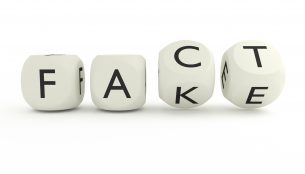
A new study has found that political fandom moderates the effects of partisanship on biased information seeking and sharing. The findings by Won-Ki Moon, University of Florida College of Journalism and Communications Advertising assistant professor, and Soobyn Lee from Incheon National University in Korea are featured in “Who Seeks and…
Read more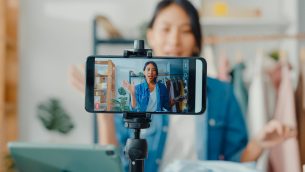
A new study has found that consumers’ exposure to algorithmic social media can affect their purchase intentions of products endorsed by influencers. The findings by Yang Feng, University of Florida College of Journalism and Communications (UFCJC) Advertising associate professor in artificial intelligence, and Southern Methodist University Assistant Professor Quan Xie…
Read more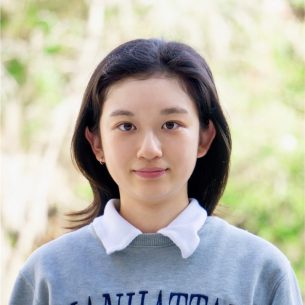
Qingyu Yang, a University of Florida College of Journalism and Communications (UFCJC) Advertising junior, is the recipient of one of the UF International Center’s 2023 Outstanding International Undergraduate Student Awards. The awards recognize undergraduate international students who have distinguished themselves by excelling in their studies while advancing a global citizenship…
Read more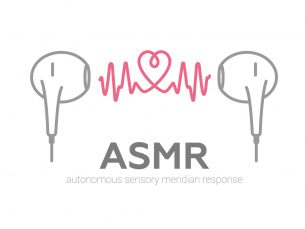
A new study has found that autonomous sensory meridian response (ASMR)-inspired advertising is considered calmer and more relaxing and can grab participants’ attention to deliver product benefits, a response that television and social media does not always accomplish. ASMR is a term used to describe a tingling, static-like, or goosebumps sensation…
Read more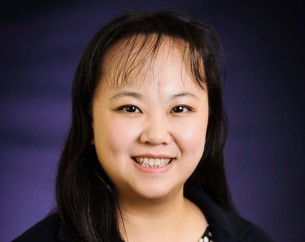
University of Florida College of Journalism and Communications Advertising Associate Professor Huan Chen has been named chair of the Advertising Department, after serving as interim chair since last November. During her tenure as interim chair, the department hired three new faculty members, Hyesoo Chang, Yuan Sun and Jinping Wang. It…
Read more
Benjamin Johnson, University of Florida College of Journalism and Communications (UFCJC) Advertising associate professor and interim director of the STEM Translational Communication Center, will give a research presentation and workshop at Babeș-Bolyai University (UBB) in Cluj-Napoca, Romania, from Oct. 3-8. On Oct. 4, Johnson will present his research, “Relatable, Independent,…
Read more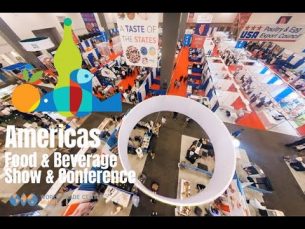
Elizabeth Calienes, University of Florida College of Journalism and Communications Advertising Lecturer and Professional Master’s Program director, will speak on “Designing Authentic Experiences: The Power of Shopper Marketing & Retail Design” at the Americas Food & Beverage Show & Conference in Miami Beach from Sept. 18-20. Her presentation will be…
Read more
Yang Feng, University of Florida College of Journalism and Communications (UFCJC) Advertising associate professor in artificial intelligence (AI), is the author of “Blending Theory and Practice: Igniting Curiosity and Enhancing Learning in Social Media Advertising Analytics Through Cutting-Edge Tools” published in the American Academy of Advertising September 2023 newsletter. Feng…
Read more
A new study has found that factual tweets, regardless of whether they were COVID-related, were more engaging than misinformation tweets. The findings by Juliana Fernandes, University of Florida College of Journalism and Communications Advertising assistant professor, and a team of 10 scholars were featured in “People Still Care About the…
Read more